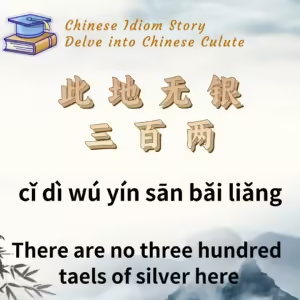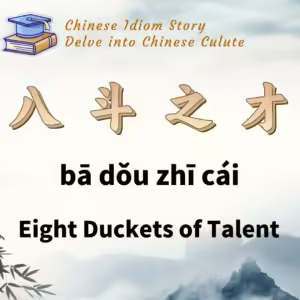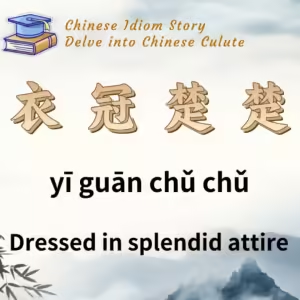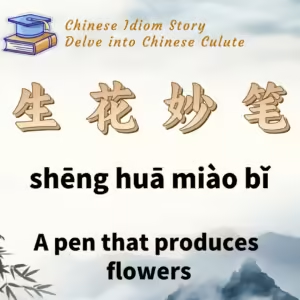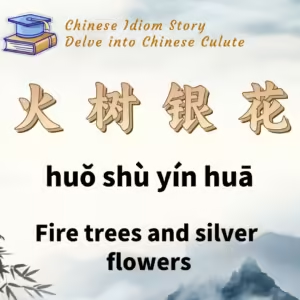
Chinese Idiom: 火树银花 (Huo Shu Yin Hua)
English Translation: Fire trees and silver flowers
pīn yīn: huǒ shù yín huā
Idiom Meaning: Describes the dazzling and splendid lights of fireworks and decorations during festive nights, particularly on special occasions like festivals.
Historical Source: Tang Dynasty poet Su Weidao’s poem “The Night of the Fifteenth Day of the First Month” (《正月十五夜》).
Idiom Story
In historical China, there were individuals who, despite their lackluster political abilities, demonstrated remarkable talent in literature. One such example is Su Weidao, a poet of the Tang Dynasty who served as a government official during Wu Zetian’s reign. Su was known for his lackluster political acumen and was given the nickname “Su Moleng” due to his indecisive and evasive approach to governance. Despite this, his literary talent was highly regarded.
Su Weidao’s poem “The Night of the Fifteenth Day of the First Month” vividly captures the vibrant scene of Lantern Festival (Yuanxiao Festival) in Chang’an, the capital of the Tang Dynasty. The poem is a five-character regulated verse with eight lines:
火树银花合,星桥铁锁开。 暗尘随马去,明月逐人来。 游伎皆秾李,行歌尽落梅。 金吾不禁夜,玉漏莫相催。
Translation:
Fire trees and silver flowers merge, Star bridges and iron locks open wide. Dust follows the horse as it moves, The bright moon chases after people. The performers are all as beautiful as the blossoms, The songs of “Falling Plum Blossoms” fill the streets. The guards don’t enforce the night watch, And the water clock should not rush the night away.
In the poem, Su Weidao uses “fire trees” and “silver flowers” as metaphors for the bright and festive decorations and fireworks that light up the streets during the Lantern Festival. The imagery creates a vibrant picture of the celebration, capturing both the physical beauty and the joyous atmosphere of the night.
The phrase “火树银花” has since been used to describe any scene of dazzling and festive lights, especially during celebrations and holidays.


